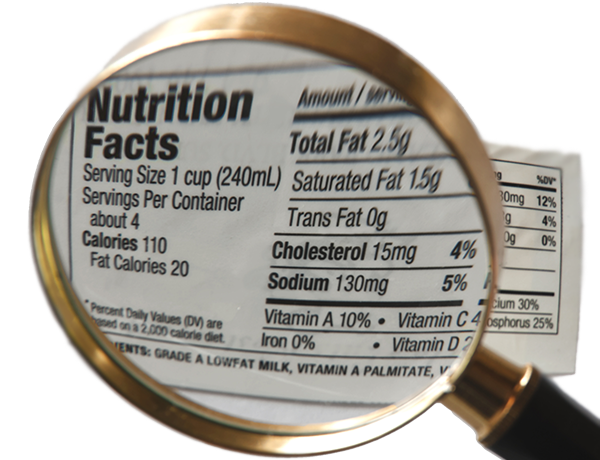National Cholesterol Education Month
 When it comes to heart health, lots of risk factors and advice compete for your attention. How much you weigh, whether you smoke, your exercise habits, what you eat…each element contributes to your overall health picture, and each one can affect your risk for heart disease.
When it comes to heart health, lots of risk factors and advice compete for your attention. How much you weigh, whether you smoke, your exercise habits, what you eat…each element contributes to your overall health picture, and each one can affect your risk for heart disease.
Even among foods, fat and salt are often front and center in the cardio conversation. However, other nutrients are similarly important to watch for. For National Cholesterol Education Month this September, learn about cholesterol levels and how you can monitor and improve this important indicator of your heart health.
The Ups and Downs of Cholesterol
Although cholesterol is an essential component of your body, you naturally make enough of it to function. You do not need to get cholesterol through diet; however, it is present in many foods. If you eat a diet heavy in cholesterol, it can build up in your arteries over time.
The danger of too much cholesterol in the bloodstream is that it can block normal blood flow and put you at increased risk of heart disease and stroke. Unfortunately, there are no symptoms of having high cholesterol — the only way you can know for sure is to have your blood levels checked.
Turning Knowledge into Action
The first step toward managing your own cholesterol is getting a simple blood screen. The National Cholesterol Education Program recommends that adults take this test every 5 years, which is covered by Medicare. Your doctor or clinician can help you understand the different types of cholesterol (sometimes called ‘good’ and ‘bad’ cholesterol) and what actions you may need to take to improve your numbers.
For many adults, simply making some lifestyle changes can help to reverse cholesterol buildup and lower risk. Quitting smoking and maintaining a healthy weight are two big positive changes you can make. In your everyday life, making different food choices, specifically emphasizing fresh fruits and vegetables and whole grains, will make a big difference. Getting recommended levels of exercise also works to combat cholesterol in the body. Additionally, some medications have been approved to help lower cholesterol levels; your doctor may prescribe these to complement your everyday efforts.
There is much more to learn about cholesterol; the American Heart Association and the Centers for Disease Control are just two places to consult for far more information. Remember, no matter what your health picture is or how you feel, you can’t be certain of your cholesterol situation unless you seek it out. Learn what you can about your risks and talk to your doctor or clinician about checking your cholesterol levels soon.
No matter what your health challenge may be, Residential offers a range of services to help you work toward your health goals safely at home. Call (888)930-WELL (9355) to discuss your specific situation with a Home Care Specialist today, or click the image below to take our 60-second, 15-question Home Care Assessment.
{{cta(‘3073a01b-4a0b-41c6-91c0-460ecd8e3277’)}}

